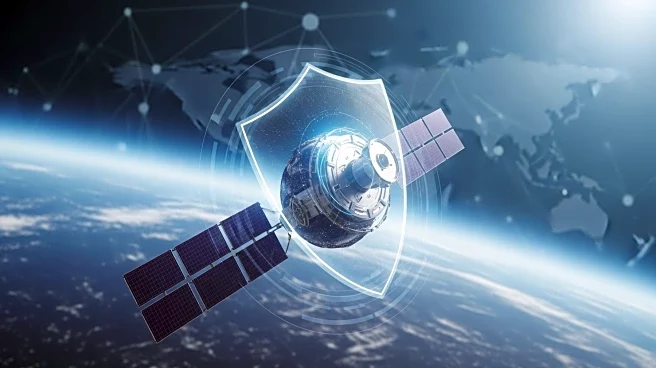What's Happening?
Starlink, a satellite internet provider, has been issuing numerous copyright infringement notices to its users, even if they have not downloaded copyrighted material. This practice is part of a broader
effort initiated in 2013 by Hollywood copyright holders and internet service providers to combat piracy through the Copyright Alert System. The system aimed to identify IP addresses involved in illegal downloads, but it ended after four years without significantly reducing piracy. Starlink's use of carrier-grade network address translation (CGNAT) means multiple homes share a single IP address, leading to potential false accusations of copyright infringement. Users can appeal these notices by submitting a ticket to Starlink, which is generally receptive to hearing customer concerns before disconnecting service.
Why It's Important?
The aggressive approach by Starlink highlights ongoing tensions between internet service providers and copyright holders. The issue is significant as it affects user privacy and the reliability of internet services. The Supreme Court is set to decide in December whether to uphold $1 billion in damages against Cox Communications for similar issues, which could set a precedent for how ISPs handle copyright infringement claims. The situation underscores the need for ISPs to balance copyright enforcement with user rights, as false accusations can lead to unwarranted service disruptions and privacy concerns.
What's Next?
Users affected by Starlink's copyright warnings may consider using virtual private networks (VPNs) to protect their online activity from scrutiny. Starlink recommends VPN protocols like SSTP, OpenVPN, and WireGuard, which work best with CGNAT. However, users must install VPNs on individual devices, as Starlink routers do not support direct VPN installation. The upcoming Supreme Court decision regarding Cox Communications could influence future policies and practices among ISPs, potentially leading to stricter enforcement or revised approaches to handling copyright infringement claims.
Beyond the Headlines
The broader implications of Starlink's copyright warning system touch on privacy and the ethical responsibilities of ISPs. The use of CGNAT raises questions about the fairness of shared IP addresses leading to false accusations. Additionally, the reliance on VPNs for privacy protection highlights concerns about data security and the potential risks associated with free VPN services. As ISPs navigate these challenges, the balance between copyright enforcement and user rights remains a critical issue in the digital age.









